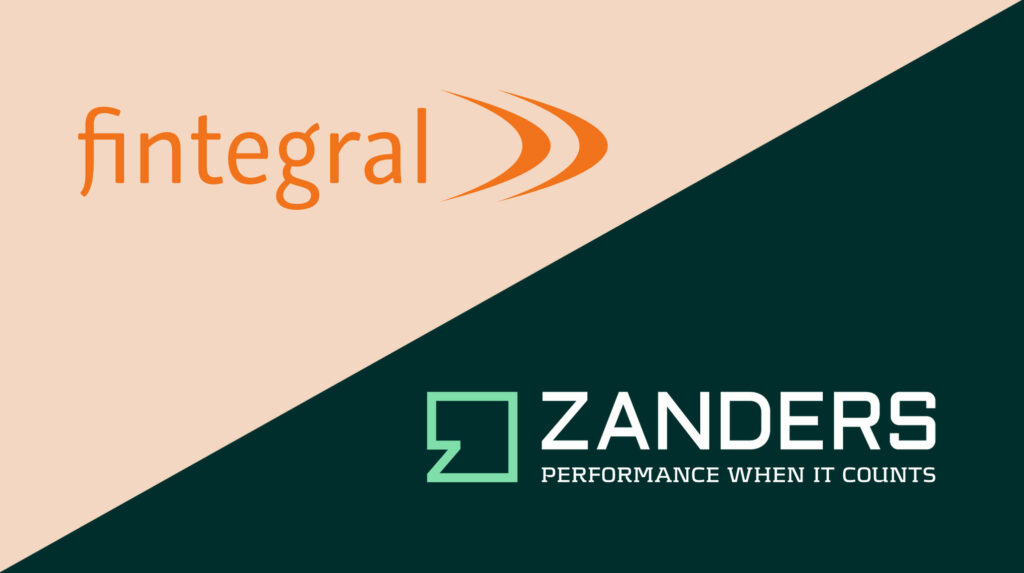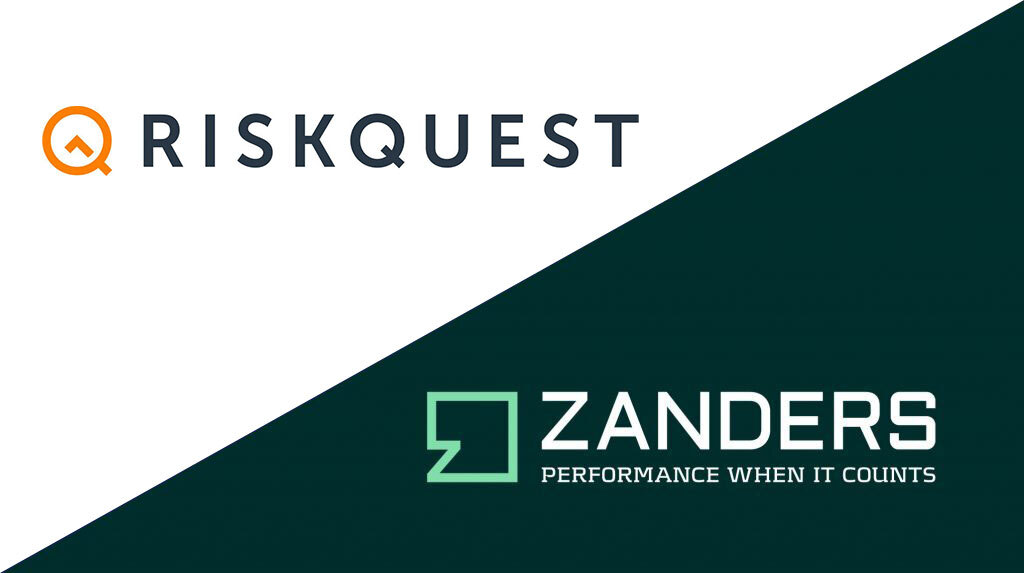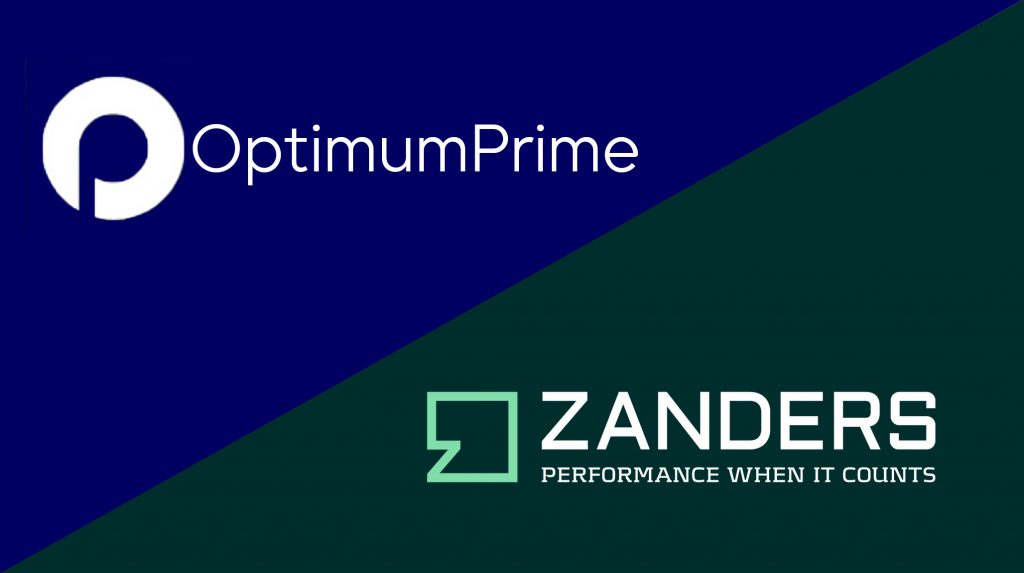It is clear that the outline agreement 2018 (Hoofdlijnen Akkoord 2018) is starting to crack. Slowing down the growth of medical-specialist care expenses to zero percent has not yet proved feasible in practice. Demographic developments, among other things, are causing demand for care to rise, but the parties are unable to realize the intended transition from hospital care to primary care at the same pace. In the mean time, however, insurers want to stick to the zero percent goal while hospitals do not want to turn patients away. In some arrangements, particularly those involving “effective care”, care provided in excess of the agreed amount is still (partly) reimbursed.
NECESSARY INVESTMENTS
As for the hospitals, in addition to the increase in demand for care, more money is needed. The recent CAO agreements are not covered by the regular agreements with the health insurer. Furthermore, it is common knowledge that the level of investment has lagged behind in recent years. Hospitals cannot continue to postpone the necessary investments in renovation, electronic patient files and further automation. Room must be created in operations to be able to bear the extra financing costs (interest and depreciation) in the long run.
"The hospital’s business case, with a projection of new investments, can no longer be made on the basis of the outcome of the negotiations with the health insurer."
Delivering care for the right remuneration has therefore become an increasingly delicate balancing act. The question is how the hospital will succeed in doing this within its operations and continue to comply with its financing ratios. The transition does not result in any cuts. Savings must come from the application of new concepts that lead to greater efficiency and a lower demand for second-line care. However, these developments take place at a slower pace than desired. Until then, hospitals feel, health insurers should step in. At least, as mentioned above, by reimbursing “effective care” above the agreed amount. The alternative is to raise the rates where there is still some room. So P or Q.
FINANCIAL BUSINESS CASE
The hospital’s business case, with a projection of new investments, can no longer be made on the basis of the outcome of the negotiations with the health insurer. Instead, during the negotiation process the person who controls the multi-year budget model – the treasurer – must be involved in the process. This gives the hospital more insight into the financial consequences. Sharing these insights with the health insurer can better substantiate the hospital’s arguments and thus provide more insight during negotiations. This way, the insurer becomes more directly involved in the long-term prognosis and the long-term financial health of the hospital. It thereby becomes a joint objective to achieve affordable care in the long term.
An important part of the financial business case is shaped during negotiations with the insurer. During the negotiations, the hospital wants to be able to steer the long-term impact of the outcomes. This is the only way to ensure that a proposition emerges that is financeable for banks and secure for the WfZ (Guarantee Fund for the Health Care Sector), and that the hospital is able to comply with the financing ratios in the long term. It will remain a balancing act, but one with a more solid basis.























